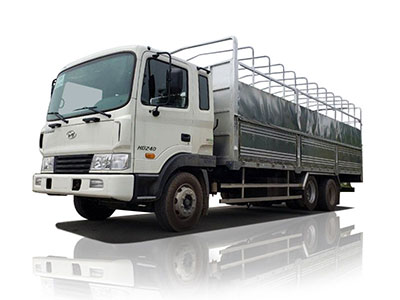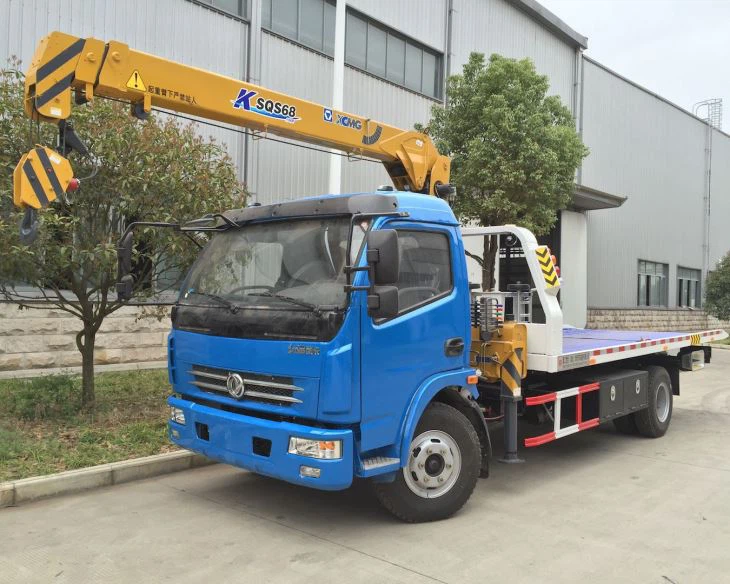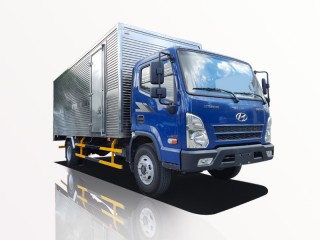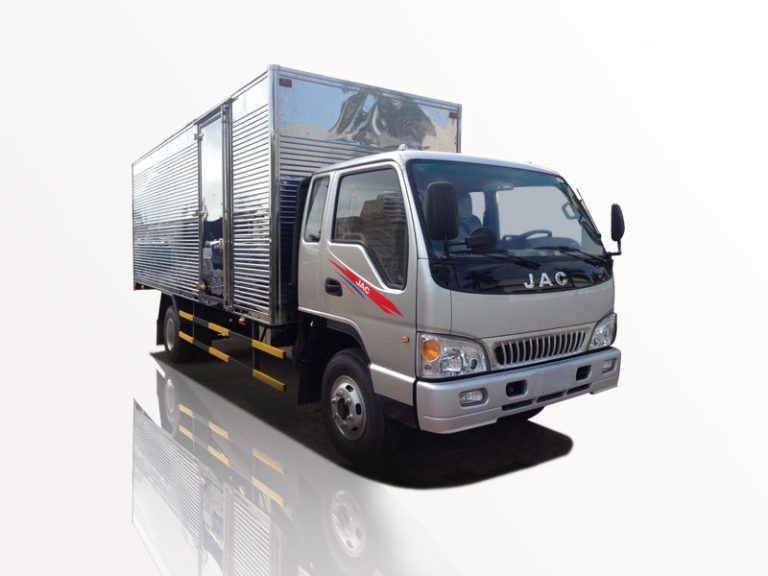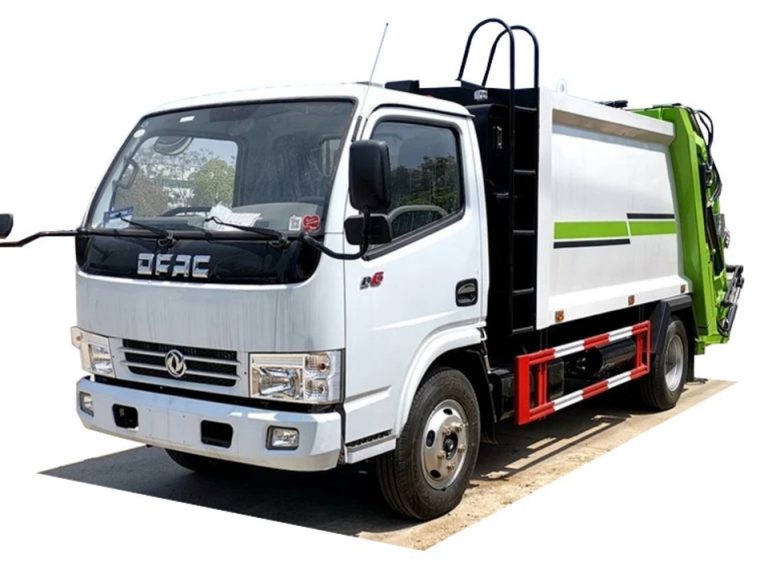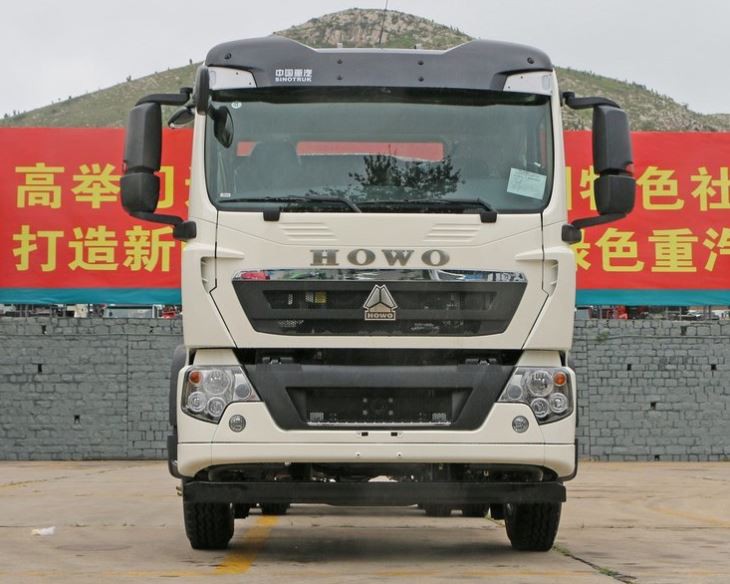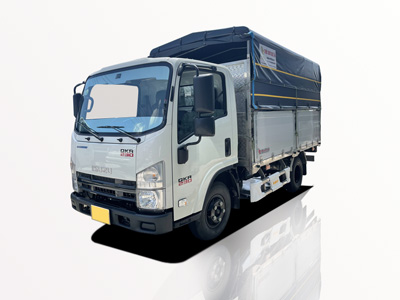Construction trucks are vital to any building project, serving various purposes from transporting materials to heavy-duty lifting. Understanding the different kinds of construction trucks available can help businesses select the right equipment for their specific needs. This article provides a detailed breakdown of the various types of construction trucks, their uses, and important considerations to make informed purchasing or rental decisions.
1. Types of Construction Trucks
1.1 Dump Trucks
Dump trucks are one of the most commonly used construction trucks. They are characterized by their open-box bed that can be tilted to dump its load. This feature makes them ideal for transporting loose materials like sand, gravel, and dirt.
Practical Examples:
- Standard Dump Truck: Often used for residential construction, transporting small loads.
- Articulated Dump Truck: Best suited for off-road conditions due to its ability to navigate rough terrain.
Tips:
- Choose the right size dump truck based on your project’s requirements.
- Regularly check the hydraulic system for optimal dumping functionality.
1.2 Flatbed Trucks
Flatbed trucks feature a flat, open platform for transporting oversized equipment and materials. Their versatility allows them to carry a variety of items—ranging from structural steel to heavy machinery.
Practical Examples:
- Chevrolet Silverado 3500: Commonly used for small to medium construction jobs.
- Freightliner 108SD: Ideal for larger loads and heavy-duty applications.
Tips:
- Consider adding side rails for securing loads.
- Make sure to follow all regulations related to load height and weight limits.
1.3 Concrete Mixer Trucks
Concrete mixer trucks are specifically designed to transport and mix concrete on-site. These trucks come with a rotating drum that keeps the concrete mixed until it is time to pour.
Practical Examples:
- Front Discharge Mixer: Allows for better control when pouring concrete.
- Rear Discharge Mixer: The most common type, suitable for most construction projects.
Tips:
- Always clean the drum immediately after use to avoid hardened concrete.
- Regular maintenance ensures that the mixing capabilities remain intact.
1.4 Crane Trucks
Crane trucks combine the functionality of a truck with a crane for lifting heavy loads. These are essential for projects requiring the placement of heavy materials at height.
Practical Examples:
- Boom Truck: Useful for urban construction with limited space.
- Knuckleboom Crane: Provides the flexibility needed for complex lifting operations.
Tips:
- Always ensure the crane is rated for the load being lifted.
- Regular safety checks can prevent accidents on the job site.
1.5 Service Trucks
Service trucks, also known as utility trucks, are designed for maintenance and service purposes. They often come equipped with tools and materials required for on-site repairs.
Practical Examples:
- Mechanic Service Truck: Ideal for machinery repair and maintenance.
- Tool Truck: Equipped with various tools needed for construction tasks.
Tips:
- Keep an inventory of all tools and supplies to ensure nothing is missing.
- Customize the layout of the truck for maximum efficiency.
1.6 Tow Trucks
Tow trucks are primarily used to move other vehicles or large equipment that cannot be driven. They are equipped with winches and tow hitches for this purpose.
Practical Examples:
- Flatbed Tow Truck: Most common for transporting vehicles, providing a sturdy platform.
- Wheel-Lift Tow Truck: Allows for lifting vehicles via their wheels.
Tips:
- Be familiar with load limits to prevent vehicle damage.
- Follow local regulations for towing to avoid penalties.
1.7 Water Trucks
Water trucks are specialized vehicles designed to transport water to the construction site. They are vital for dust control, site compaction, and hydration of materials.
Practical Examples:
- Water Tanker: Can vary in size, often mounted on a flatbed.
- Watering Truck: Equipped with spray nozzles to disperse water as needed.
Tips:
- Regularly inspect for leaks to avoid wasting water.
- Make sure to have a plan for efficient water usage on-site.
2. Choosing the Right Construction Truck
2.1 Assessing Project Needs
Before acquiring a construction truck, it is essential to assess specific project needs. Factor in the types of materials being transported, the terrain, and the equipment’s capabilities.
2.2 Budget Considerations
Determine whether you want to purchase or rent the construction truck. Consider the initial cost, maintenance expenses, and potential resale value.
2.3 Manufacturer Reliability
Research different manufacturers for their reputation and reliability. Look for customer reviews and seek comparisons between models for informed decisions.
3. Maintenance Tips for Construction Trucks
3.1 Regular Inspections
Conduct regular inspections of trucks to catch any problems early. This includes checking brakes, tires, and hydraulic systems.
3.2 Scheduled Servicing
Follow a maintenance schedule as recommended by the manufacturer. Regular servicing extends the life of the vehicle and ensures optimal performance.
3.3 Emergency Repairs
Be prepared for emergency repairs by keeping essential tools and parts on hand. This avoids long downtimes and keeps projects on schedule.
4. Environmental Considerations
4.1 Emission Regulations
Be aware of regulations concerning emissions for construction trucks and choose models that comply with these requirements.
4.2 Fuel Efficiency
Consider fuel-efficient models that minimize environmental impact and reduce operational costs over time.
4.3 Eco-Friendly Options
Look into electric or hybrid construction trucks as alternatives to traditional fuel-powered vehicles, contributing to a greener footprint.
5. Safety Measures and Regulations
5.1 Operator Training
Ensure all operators are properly trained on the specific construction truck models they will be using. This enhances safety and effectiveness.
5.2 Safety Gear
Operators should always wear appropriate safety gear when operating construction trucks, including helmets, gloves, and high-visibility clothing.
5.3 Compliance with Laws
Familiarize yourself with local laws regarding construction vehicles to avoid penalties and ensure compliance.
6. Future Trends in Construction Trucks
6.1 Technological Advancements
Advancements in technology are affecting construction trucks significantly, with features like GPS tracking and automated systems providing better efficiency.
6.2 Electric and Hybrid Trucks
The future points towards more electric and hybrid models gaining traction, offering a sustainable alternative to traditional diesel-powered trucks.
6.3 Enhanced Safety Features
Expect to see improved safety features such as automated braking systems, monitoring technology, and collision detection becoming standard in future models.
7. Frequently Asked Questions (FAQs)
7.1 What is the most common type of construction truck?
The most common type of construction truck is the dump truck, widely used for transporting loose materials.
7.2 How often should construction trucks undergo maintenance?
Construction trucks should undergo regular inspections and servicing typically every 500 to 1,000 miles, or as specified by the manufacturer.
7.3 Can construction trucks be leased?
Yes, many construction companies choose to lease trucks, allowing them to access necessary equipment without large upfront costs.
7.4 What are the essential features to look for in a construction truck?
Consider features like load capacity, fuel efficiency, safety features, and durability when selecting a construction truck.
7.5 Are there environmental regulations for construction trucks?
Yes, there are emissions regulations that construction trucks must adhere to, which vary by region.
7.6 What is the benefit of renting versus buying construction trucks?
Renting provides flexibility and reduces maintenance costs, while buying offers long-term investment benefits and availability for continuous projects.
